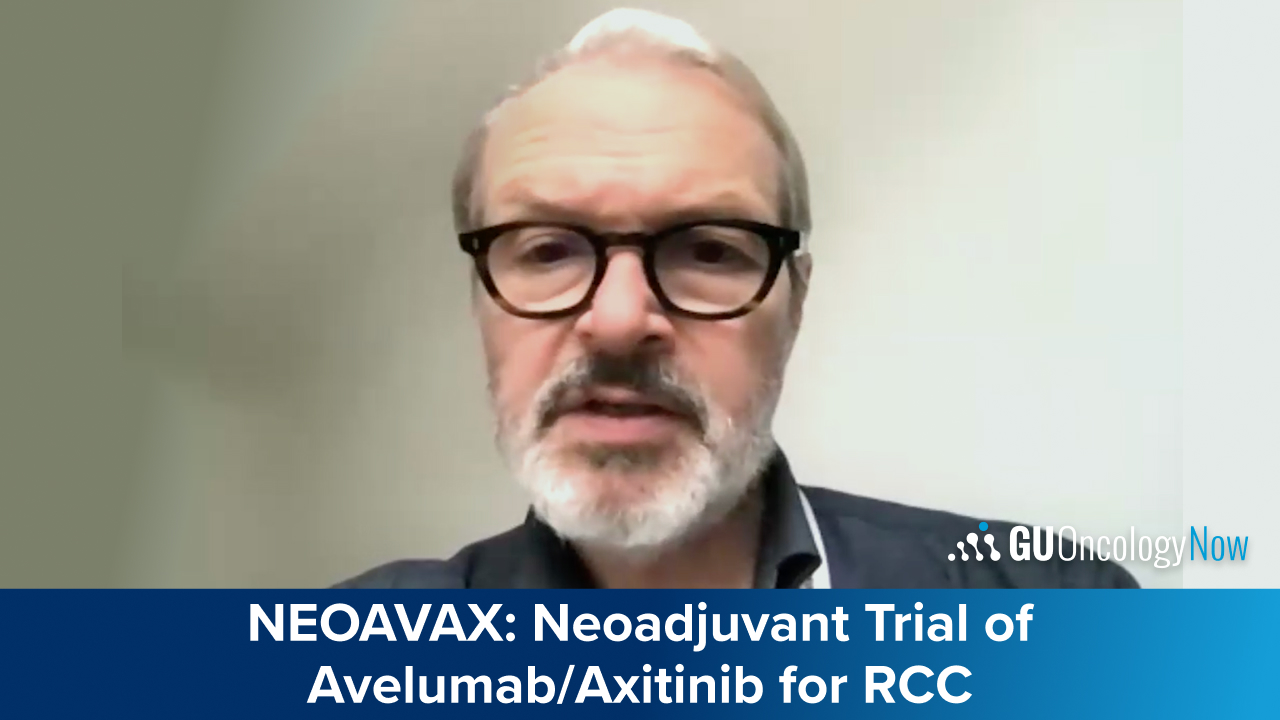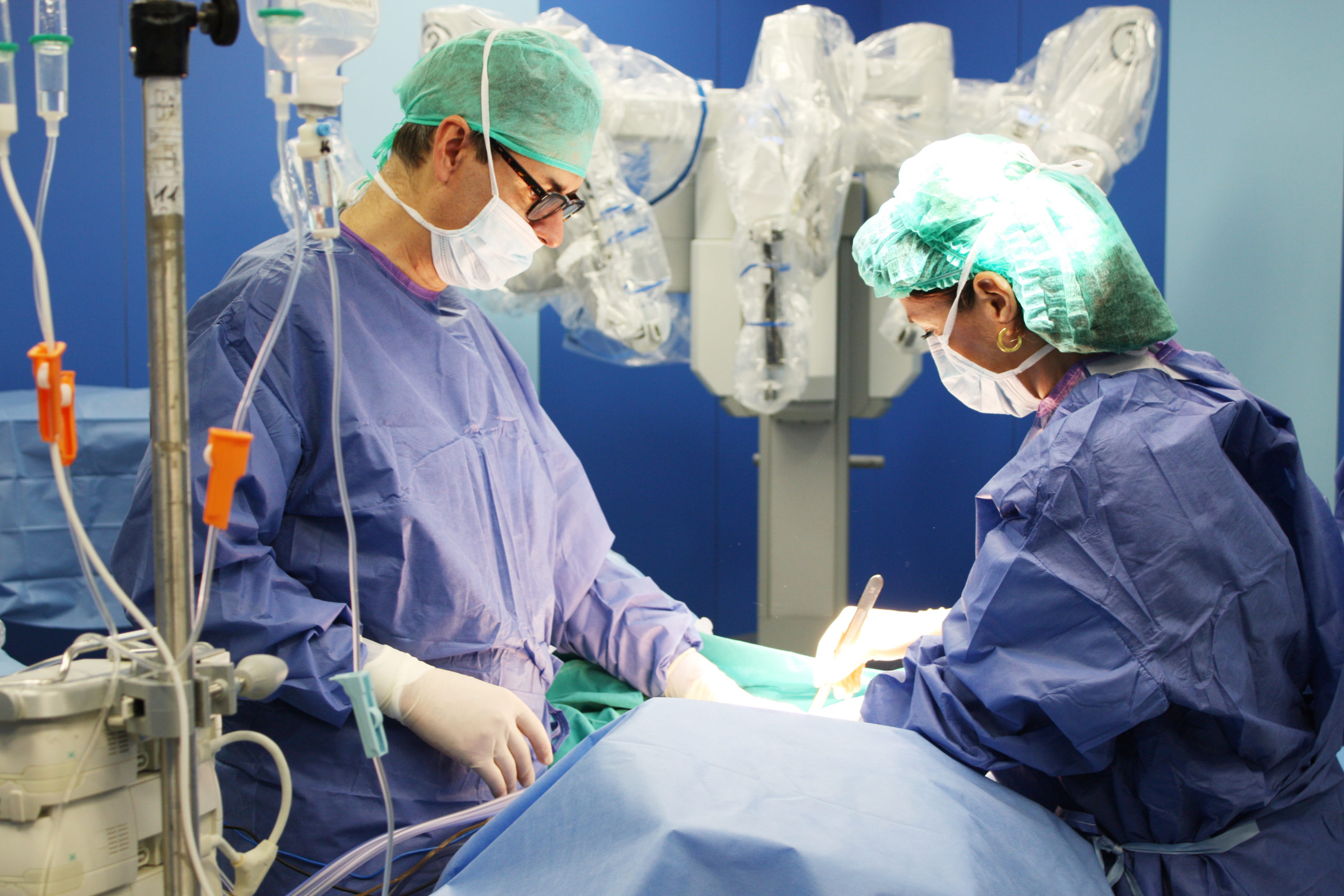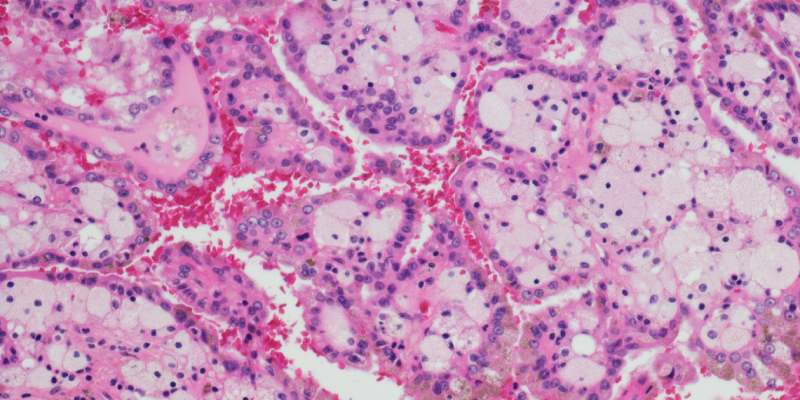Despite an initial decrease in HRQOL after SABR, the procedure is more effective and less expensive than RFA & cryoablation.
Localized Renal Cell Carcinoma
Advertisement
Latest News
Professor Bex discusses the phase II NEOAVAX trial that evaluated avelumab/axitinib as neoadjuvant therapy in localized RCC.
Pathologic response and IHC post-treatment influx of CD8+CD39+ TILs are linked with prolonged DFS after neoadjuvant therapy.
Dr. Sandoval chats with David Ambinder, MD, on the upstaging of cT1b and cT2 tumors to pT3a.
A research analysis evaluated tumor-informed ctDNA analysis versus traditional imaging techniques for localized RCC.
Pre-op ctDNA in localized RCC is linked to aggressive tumor features and worse RFS, highlighting its prognostic potential.
Histologic subtype did not significantly affect 5-year cancer-specific survival after robotic partial nephrectomy for RCC.
Knowledge Hub Spotlight
Curated clinical content based on conditions, therapies, and technologies
Conference Coverage
Dr. Miles highlights the dilemma of managing PC with BCR after prostatectomy but no visible disease on standard imaging.
Dr. Kimura shares insights on PSMA PET/CT metrics and their potential role in guiding treatment decisions for mCRPC.
Professor Bex discusses the phase II NEOAVAX trial that evaluated avelumab/axitinib as neoadjuvant therapy in localized RCC.
Samer Srour, MB, talks about the updated ALLO-316 and its use in targeting CD70 in patients with advanced ccRCC.
Dr. Flavell discusses how landmark studies have shaped current trial designs, and growing interest in combination therapies.
Dr. Flavell highlights the expansion of lutetium PSMA therapies into earlier disease settings: HSPC and oligometastatic PC.














 © 2025 Mashup Media, LLC, a Formedics Property. All Rights Reserved.
© 2025 Mashup Media, LLC, a Formedics Property. All Rights Reserved.